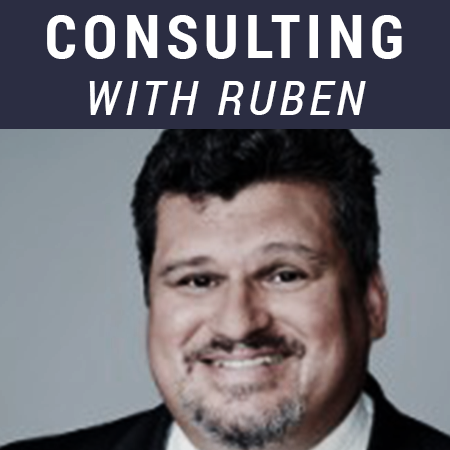VISALIA, Calif. — Whenever this country mouse comes home to Central California, as I did recently to speak to citrus farmers, one thought comes to mind:
“How is it that a nation like ours — founded not by politicians but by farmers — finds it so difficult to show the proper respect for farming?”
A holiday set aside for us to be thankful and indulge our palate seems like the perfect time to show gratitude to those who supply the bounty. Or as Eric Larson, executive director of the San Diego County Farm Bureau, puts it: “If you criticize farmers, don’t do it with your mouth full.”
If there’s one thing for which Americans should be grateful, it’s that we don’t have to depend on other countries for our food supply. If there are two things, it’s that there are still people who will do the hard and dirty job of picking crops — even if we have to import them.
Who are these folks? Not the 22-year-old barista at Starbucks with dreams of writing a screenplay.
Take it from someone who grew up on his grandfather’s ranch, I get it. Times change. Families evolve. People leave the farm. Many of us live in cities and raise kids who think vegetables come from supermarkets.
Don’t laugh. My Harvard roommate, who was from New York City, once asked what time of year we pick raisins.
Hint: We don’t pick raisins. We pick grapes, and the sun does the rest.
But just because many Americans have abandoned the farm doesn’t mean they should also abandon common sense about farming. For instance, no matter what you hear from populists on the right and the left, it is not true that most farmers exploit workers to maximize profits. That’s how you go out of business.
This Thanksgiving Day, let’s remember that farming remains a thankless profession.
You’re a hostage to the weather, blackmailed by labor unions, and subject to the whims of the market. You get up early to tend the crops, and stay up late doing the books. You worry about having enough water and enough workers.
You have to deal with insects one minute and politicians the next; one is a parasitic menace with an insatiable appetite that can wipe out a harvest because it usurps resources and only cares about its own survival. Then you have the bugs.
You are often played for a sucker by elected officials who see you as an ATM. Democrats take your money and promise to get you more water; Republicans take your money and promise you a dependable workforce. Neither delivers.
You inherit a farm from your father and spend your whole life caring for it with blood, sweat and tears — only to have your own kids come back from college one day and announce that they don’t want to be in the family business. Time to sell.
I don’t speak for farmers. But, because I listen carefully when they speak to me, I can tell you there are five things they want you to know.
• First, even if our national pride won’t let us admit it, Americans are not going to do these jobs. Not ever. Most millennials would rather work for Apple in Silicon Valley than go pick apples in the Yakima Valley.
• Second, farm work isn’t unskilled labor. Lawmakers who think that America should admit only “skilled” immigrants need to spend a few hours in the fields where human beings work with the speed of machines but with more precision.
• Third, speaking of machines, while it may be convenient for restrictionists to dream about robots replacing farmworkers, that won’t happen. Many crops still need to be picked by hand. Besides, anything with an “on” and “off” switch needs to be tended to by people.
• Fourth, while it’s easy for politicians to kick the immigration reform can down the road, farmers don’t have the luxury of waiting 10 or 12 years to bring in their crops. They need a solution now.
• And fifth, farmers aren’t part of the “elites” who are supposedly keeping down the working-class. Often, the workers decide the wages that they’re willing to work for. If they don’t get that price, they’ll go up the road to the next “Help Wanted” sign.
The populists are way off track. Farmers aren’t the problem. And, out here in the real world, they’re tired of being the scapegoats while the rest of America refuses to accept its aversion to hard work.
An aversion that explains why there are so many “Help Wanted” signs in the first place.
Ruben Navarrette’s email address is ruben@rubennavarrette.com.





